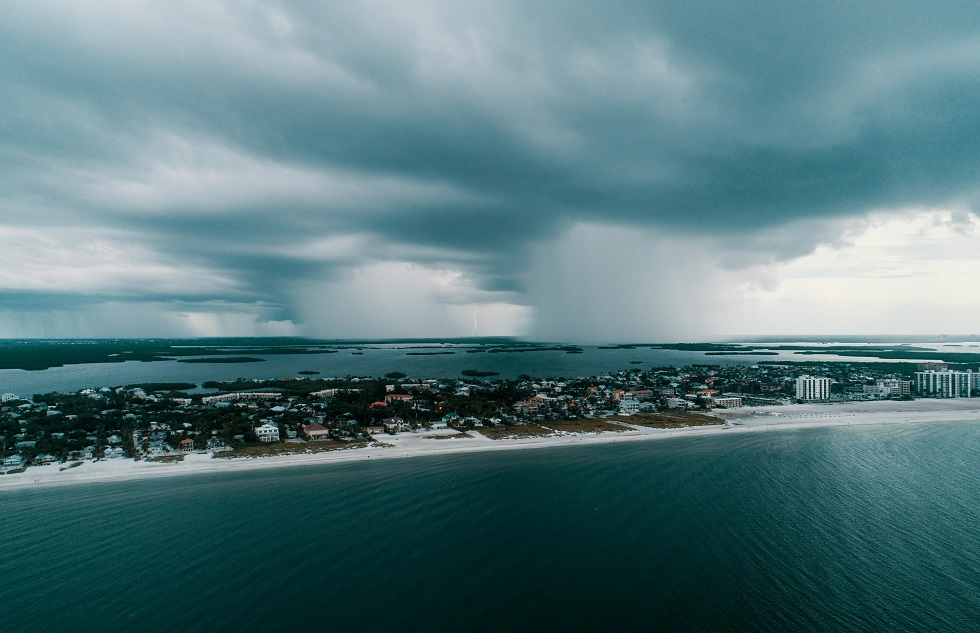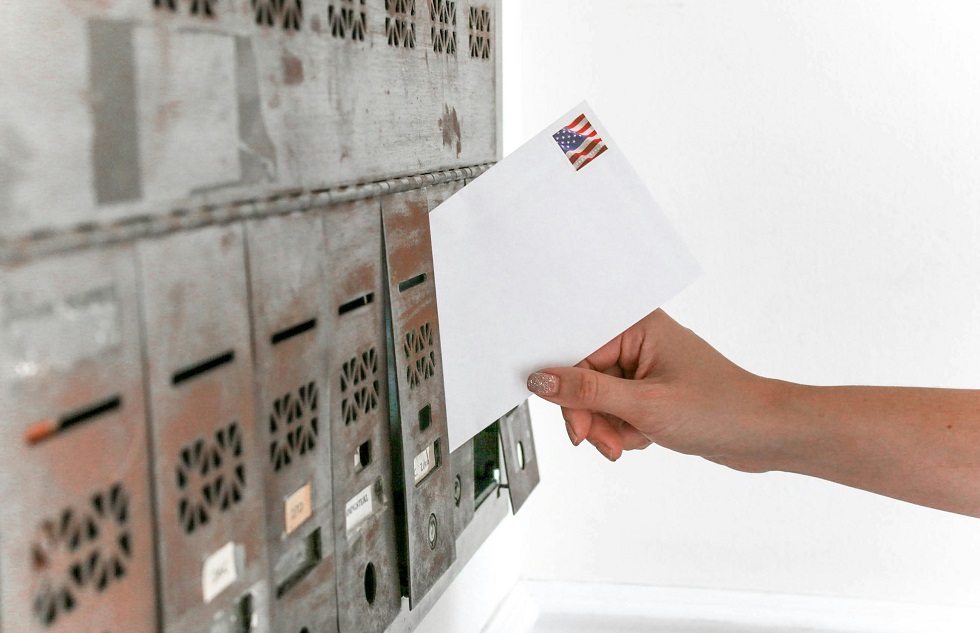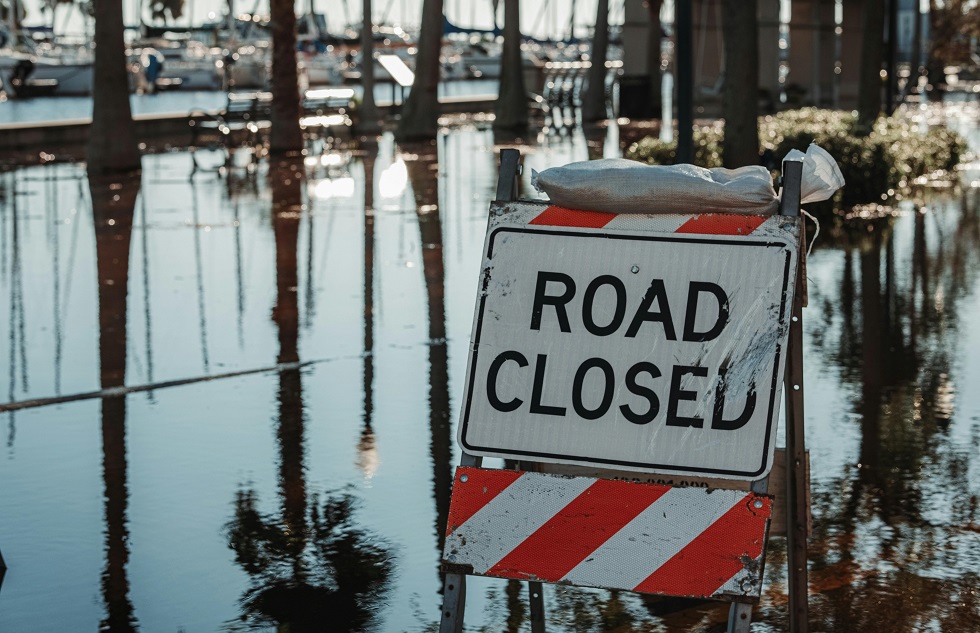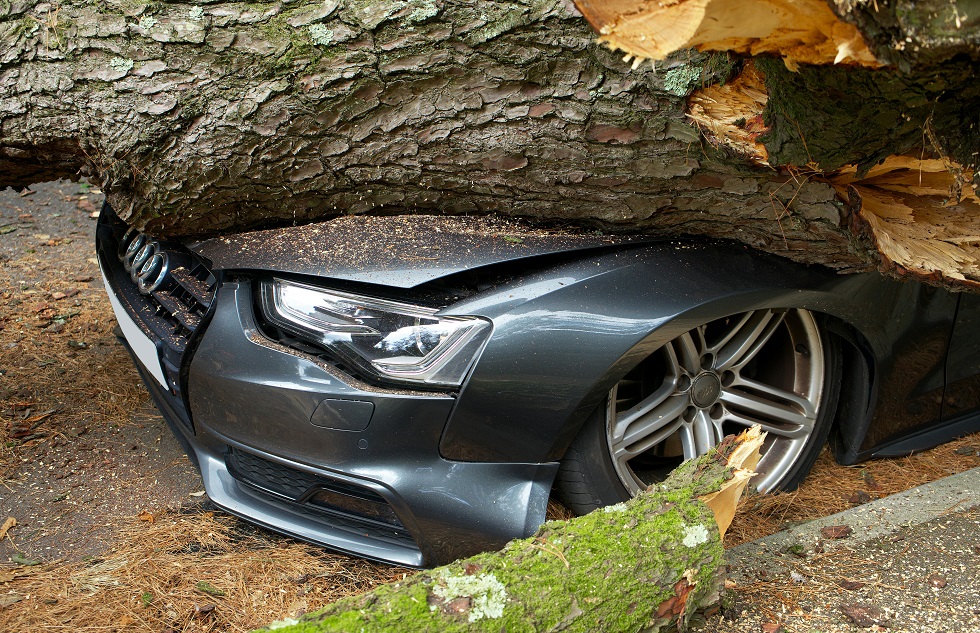For Florida homeowners, summertime is more than just a time to plan a vacation, and it is also time to prepare for summer storms. Hurricanes and tropical storms, as well as severe afternoon thunderstorms, can do significant damage to a home, especially to a roof.
Reviewing your insurance policy before any damage happens can help you make a successful roof insurance claim.
Understanding Roof Insurance In Florida
Before filing a homeowners insurance claim for roof damage in Florida, it is important that you take a close look at your insurance policy. There are many factors that will come into play when filing an insurance claim for roof damage.
Open Peril or Covered Peril?
You will need to look at the terms used in your insurance policy to see if it is an open peril (or All Risk) policy, which means that it covers any damages from any source or a covered peril policy which means it will only cover the damages specified in the policy.
Replacement Cost or Cash Value?
When you file a hurricane roof damage claim, you will need to know if your policy offers replacement cost or cash value. What is the difference? If it is a replacement cost policy, they will have to offer you the actual value of replacing your roof. If it is cash value, they will depreciate your claim by taking into account the age of the roof. This can significantly reduce the value of your claim.
Review Your Exclusions
There is nothing worse than filing a roof replacement insurance claim and discovering that the damage to your home is not covered. Some policies will have exclusions that may include damage caused by hail, flooding, or excessive winds. make sure that you know if there are exclusions. If you have these exclusions, it may also be time to consider a different company.
Know Your Deductible
The deductible is the amount that you are required to pay towards a claim. Some insurance companies have higher deductibles for damages caused by tropical events. When you file a wind roof damage insurance claim, you will want to make sure that you have the deductible amount available because some insurance companies will require that you pay that upfront before they issue a settlement.
Important Thing To Remember About A Hurricane Roof Damage Insurance Claim
When your roof has been damaged in a storm, you should always try to take pictures of the damage right away if it is safe to go near the property. Do not climb on the roof. Next, and this is very important, make sure that you have the roof tarped so that you will protect your home from any additional damages.
Insurance companies will deny or reduce claims if they believe that you have not taken any necessary steps to protect your home from further damage. Once you have secured and covered the property, take more photos to prove that you have taken these steps.
When You Have Been Denied For Your Florida Insurance Roof Replacement
After a storm goes through an area in Florida, it is not unusual for hundreds, if not thousands, of homeowners insurance claims to be filed. The insurance companies “panic” and begin to reduce claims almost immediately.
If you believe that your insurance claim has been negligently denied or has been undervalued by the insurance company, it will be in your best interest to speak with a Florida insurance claim attorney.
Having an attorney process, your claim will ensure that you are treated fairly by the insurance company and that you receive the best possible outcome from the claims process.
If you suffered roof damage and need help with an insurance claim, contact the property damage attorneys at Landau Law today for a free case consultation. Contact us now!
Florida Property Damage Lawyers
Property Damage Blog Posts

How Do Home Insurance Companies Determine Pre-existing Damage?
Home insurance companies employ various methods to assess pre-existing damage when evaluating property damage claims. This process is crucial for insurers to determine the validity and extent of coverage for property damage. Insurance adjusters conduct thorough visual...

Signs Your Insurance Adjuster Estimate Is Too Low
Insurance claims can be complex, and receiving an adjuster's estimate that seems too low is a common frustration for policyholders. Recognizing the signs of an undervalued estimate is crucial to ensure fair compensation for property damage or losses. Key indicators of...

Why Does Florida Have So Many Hurricanes?
Florida is renowned for its beautiful beaches, vibrant culture, and, unfortunately, its frequent encounters with hurricanes. The state's unique geographical location and climate conditions make it particularly vulnerable to these powerful storms. Florida's position on...

What To Do If You’re Denied Hurricane Damage Claim For Home
Hurricane damage can be devastating for Florida homeowners, leaving them in a state of distress and financial uncertainty. When insurance claims for such damage are denied, it adds another layer of stress to an already difficult situation. Facing a denied claim...

Guide To Documenting Damages For A Florida Flood Claim
Proper documentation of flood damage is crucial for a successful insurance claim in Florida. When floodwaters recede, homeowners face the daunting task of assessing and recording the extent of their losses. Thorough documentation, including photos, videos, and...

What To Do If You Disagree With A Home Insurance Adjuster
Dealing with a home insurance claim can be stressful, especially when you disagree with the adjuster's assessment. Many homeowners find themselves in this frustrating situation after experiencing property damage or loss. If you disagree with the insurance adjuster's...

How To Sue Your Neighbor for Property Damage in Florida
Property damage disputes between neighbors can quickly escalate, turning once-friendly relationships sour. If you're facing significant property damage caused by a neighbor in Florida, legal action may be necessary to protect your interests and recover damages. In...

Common Reasons Your Florida Hurricane Damage Insurance Claim May Be Denied
Florida homeowners face a daunting challenge when their hurricane damage insurance claims are denied. Understanding the common reasons for these denials can help you navigate the claims process more effectively. Insurance companies may deny claims due to inadequate...




